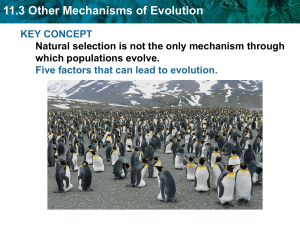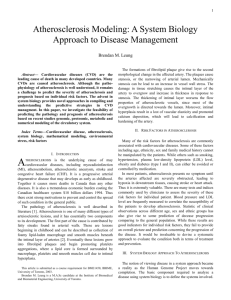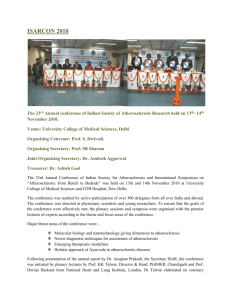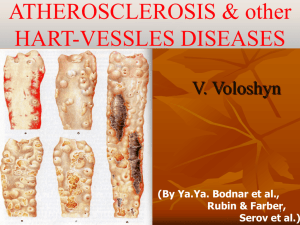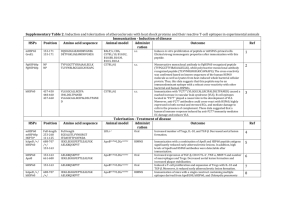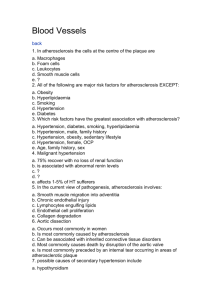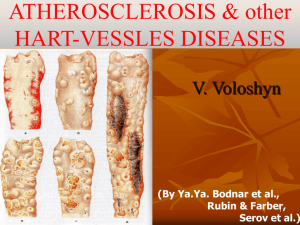2015 department of medicine research day
advertisement
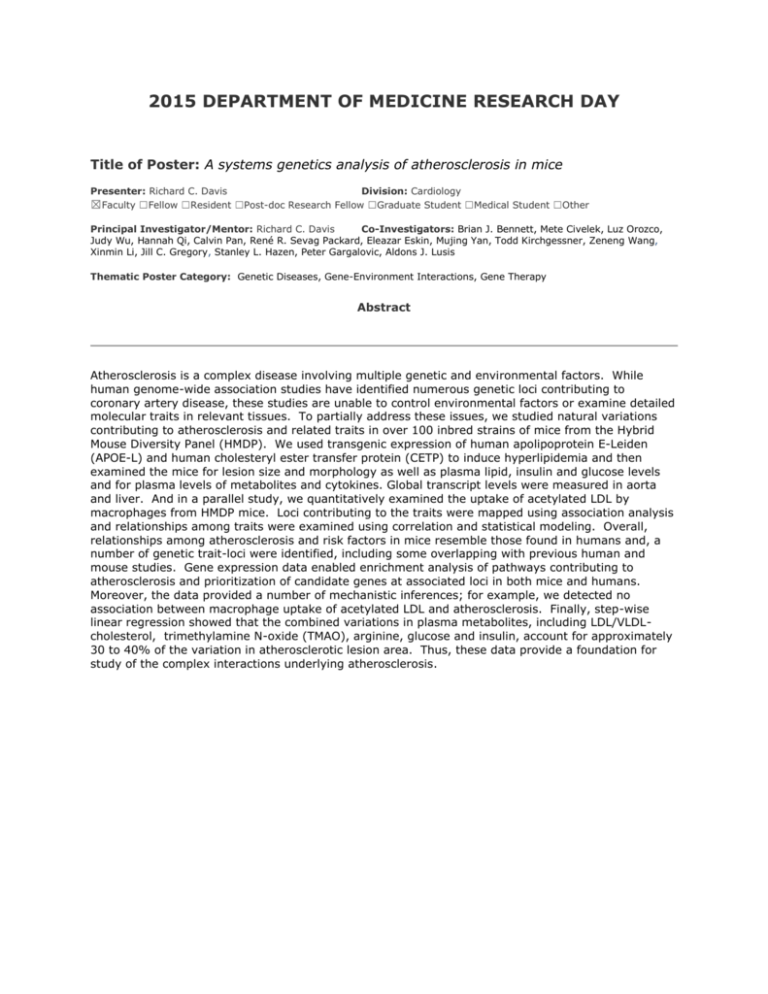
2015 DEPARTMENT OF MEDICINE RESEARCH DAY Title of Poster: A systems genetics analysis of atherosclerosis in mice Presenter: Richard C. Davis Division: Cardiology ☒Faculty ☐Fellow ☐Resident ☐Post-doc Research Fellow ☐Graduate Student ☐Medical Student ☐Other Principal Investigator/Mentor: Richard C. Davis Co-Investigators: Brian J. Bennett, Mete Civelek, Luz Orozco, Judy Wu, Hannah Qi, Calvin Pan, René R. Sevag Packard, Eleazar Eskin, Mujing Yan, Todd Kirchgessner, Zeneng Wang, Xinmin Li, Jill C. Gregory, Stanley L. Hazen, Peter Gargalovic, Aldons J. Lusis Thematic Poster Category: Genetic Diseases, Gene-Environment Interactions, Gene Therapy Abstract Atherosclerosis is a complex disease involving multiple genetic and environmental factors. While human genome-wide association studies have identified numerous genetic loci contributing to coronary artery disease, these studies are unable to control environmental factors or examine detailed molecular traits in relevant tissues. To partially address these issues, we studied natural variations contributing to atherosclerosis and related traits in over 100 inbred strains of mice from the Hybrid Mouse Diversity Panel (HMDP). We used transgenic expression of human apolipoprotein E-Leiden (APOE-L) and human cholesteryl ester transfer protein (CETP) to induce hyperlipidemia and then examined the mice for lesion size and morphology as well as plasma lipid, insulin and glucose levels and for plasma levels of metabolites and cytokines. Global transcript levels were measured in aorta and liver. And in a parallel study, we quantitatively examined the uptake of acetylated LDL by macrophages from HMDP mice. Loci contributing to the traits were mapped using association analysis and relationships among traits were examined using correlation and statistical modeling. Overall, relationships among atherosclerosis and risk factors in mice resemble those found in humans and, a number of genetic trait-loci were identified, including some overlapping with previous human and mouse studies. Gene expression data enabled enrichment analysis of pathways contributing to atherosclerosis and prioritization of candidate genes at associated loci in both mice and humans. Moreover, the data provided a number of mechanistic inferences; for example, we detected no association between macrophage uptake of acetylated LDL and atherosclerosis. Finally, step-wise linear regression showed that the combined variations in plasma metabolites, including LDL/VLDLcholesterol, trimethylamine N-oxide (TMAO), arginine, glucose and insulin, account for approximately 30 to 40% of the variation in atherosclerotic lesion area. Thus, these data provide a foundation for study of the complex interactions underlying atherosclerosis.
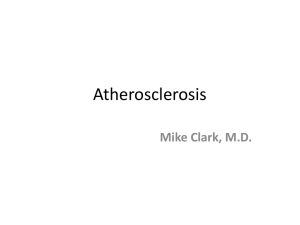
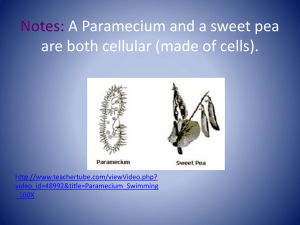

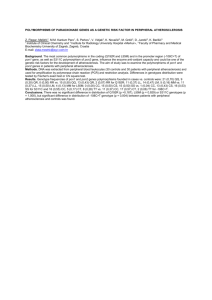
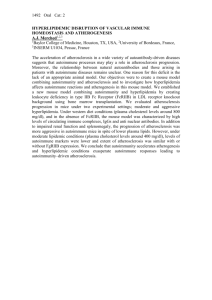

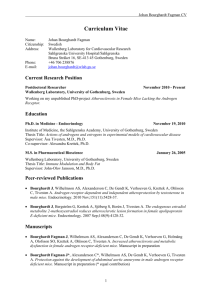
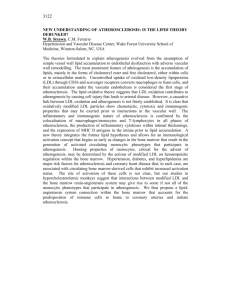


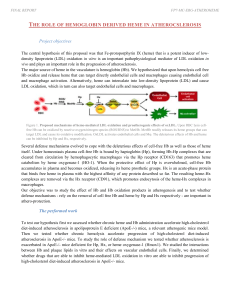
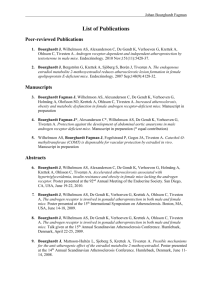
![Historical_politcal_background_(intro)[1]](http://s2.studylib.net/store/data/005222460_1-479b8dcb7799e13bea2e28f4fa4bf82a-300x300.png)
